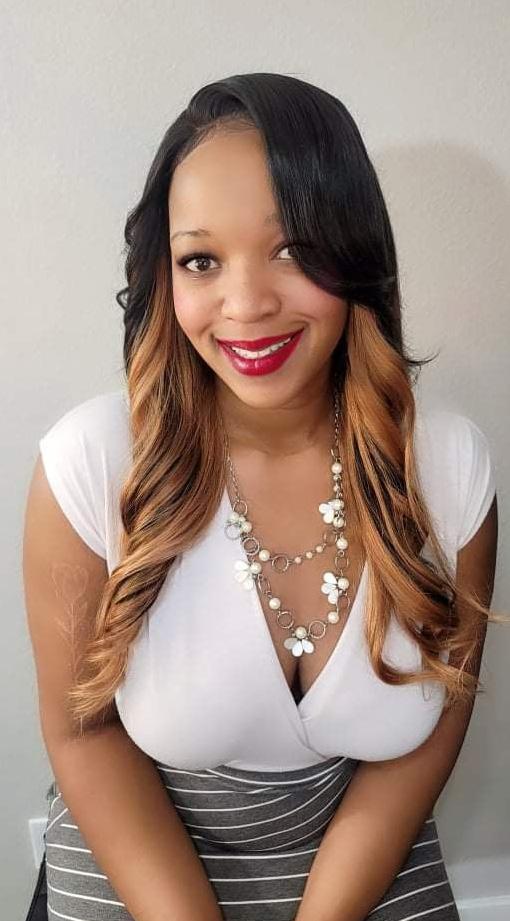
3 minute read
BEING BLACK IN CORPORATE AMERICA | KALILAH ANDERSON
BEING BLACK
IN CORPORATE AMERICA
Advertisement

Entering Corporate America in a white dominated society as a Black person is no minor feat and that alone can be applauded. Too often we are reminded that we must be twice as good as our counterparts to be accepted, acknowledged and let in the room. When it comes to a Black person’s fit in corporate culture, often efforts are doubled by Black people to fit in with the clean-cut image desired by corporations. In order to get a seat at the executive table, Black people often must fall in line with expected behavior and appearances so that more opportunities become accessible. It is an unspoken part of our contract to conform and adapt to corporate culture so there are no extra obstacles hindering our trajectory. Corporate culture is often implied, not expressly defined, and develops naturally over time from the collective traits of the people the company hires. So imagine the kind of culture that has developed as a result of a lack of diversity in professional executive settings?
WRITTEN BY
KALILAH ANDERSON
When starting at a professional office with naturally styled hair, the initial reception can be revolutionary particularly if the majority of co-workers are white and unaccustomed to working alongside people of color. It is revolutionary because as a Black person we are hyper aware of how we are viewed and the stereotypes that precede us. This is compounded by the seemingly strict rules of professionalism. Typically getting past the initial roadblocks our names may create on resumes and cover letters is one aspect of our fight to enter corporate America. Another fight once we land the interview, is the debate on how to wear our hair in the first meeting and subsequent days after.
When we appear in our natural hair, there is a lot being stated without being stated. In large part, we are asking to be recognized as we are for the talents and abilities that made the company interested in us to begin with. We are setting the tone for how we are most comfortable and therefore will be most productive. Black people can feel confident in the talents and abilities they individually possess but feel uncomfortable having to put on a mask or costume to appease others. Yet there are too many off-record stories and anecdotes where a mask had to be worn, a hairstyle had to be changed or an accent had to be subdued lest the position that was worked hard be taken away.
A lot of times we are not ready for that fight even though it is an inevitable part of our lives. As Black people, so often we just want to go to work, do our job and come home. We are not expecting to be the ambassadors for the Black community simply because we went from a sew-in to cornrows or starter locs. But that is a position we find ourselves in when dealing with corporate culture; having to negotiate who may want to touch our hair or the off-brand comment. For many, that can make them nervous that we will challenge the office culture that has gone unchallenged because of a lack of diversity and representation. Some places are ready for that change, so many others are not.
Paul Mooney’s statement that “If your hair is relaxed; they are relaxed. If your hair is nappy; they are not happy! Is a cute take on the reality many Black people still face every morning when they are tying their tie and smoothing their locs or adjusting the hemline of their skirt while fixing their wig. Will I be successful today based off my merit and not my hairstyle? Will I be valued for the pride I hold in myself and my culture? Conformity is a crutch and a bitch, no matter how you view it and to dismantle thoughts of antiblackness requires active engagement before it gets better.
So in 2021, the fight continues. When we slick our edges, retwist our locs and pat down our fros, we step into our battlegear and prepare for the right to be seen, heard and respected. When we dominate professional settings in our natural hairstyles and protective styles we honor our ancestors, our foremothers and forefathers who fought for the right to be seen, heard and respected based on their integrity and character.










